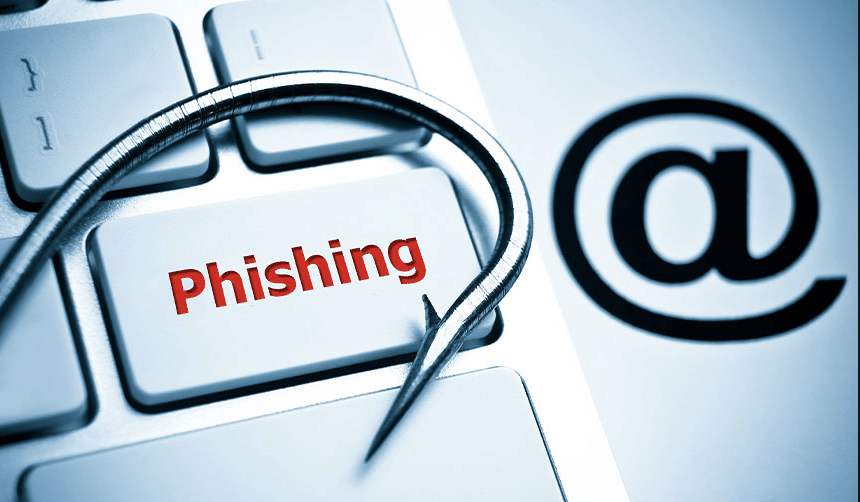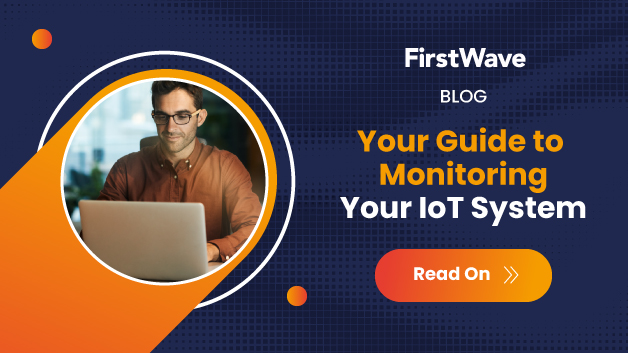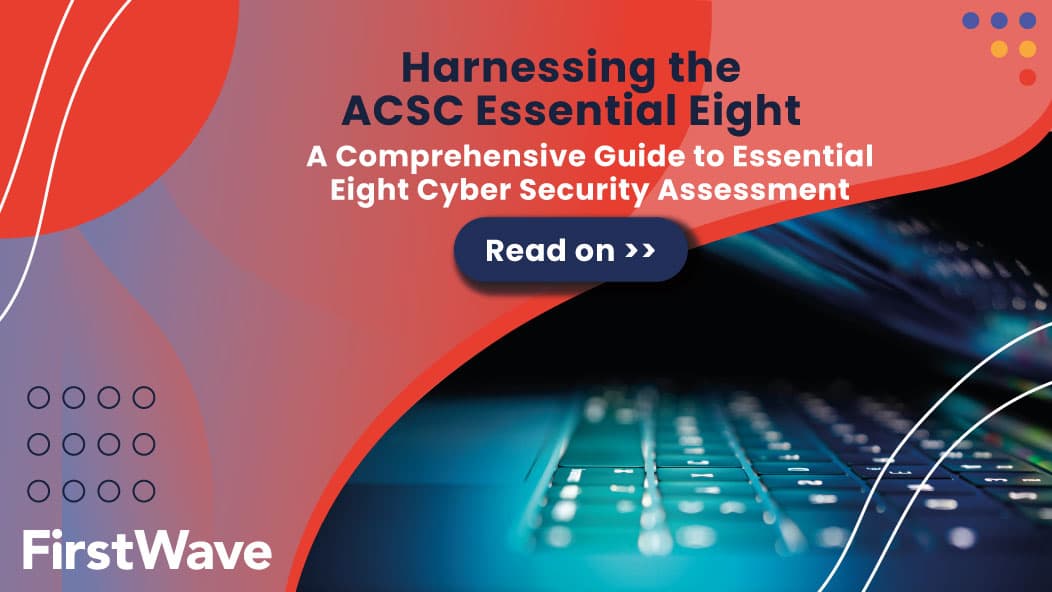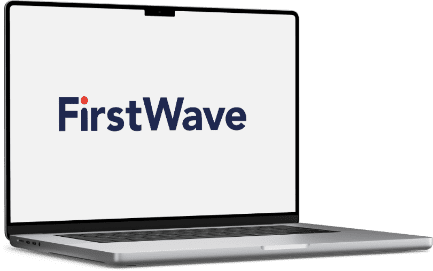
The cyber security spotlight has been directed firmly at ransomware in recent times. Yet a recent report in the United Kingdom highlights the fact phishing remains a real headache for businesses, government organisations and not-for-profits. The Cyber Security Breaches Survey 2019, conducted by the Department for Digital Culture, Media and Sport, found nearly one third of businesses (32%) and about one fifth of charities (22%) experienced cyber-security breaches in the previous 12 months. Of these, 80% of businesses and 81% of charities experienced phishing attacks – a considerably higher percentage than those that experienced viruses, spyware or other malware, including ransomware (27% of these businesses and 18% of these charities).
So what are the key differences between phishing attacks and ransomware attacks – and why are phishing attacks a deep concern for businesses? A phishing attack generally involves a malicious person using social engineering techniques to trick a person into supplying sensitive personal or business information, whereas a ransomware attack (that can be delivered through a phishing communication such as an email) aims to extract a ransom from a victim by locking their files and demanding payment for a key to regain access.
Phishing messages often direct victims to fake websites – that may include branding and information copied from legitimate websites to appear authentic to enter their details.
How do you limit the risk to your business – including your people – of being compromised by a phishing attack? The answer is a combination of education, awareness, technologies and processes. The Australian Government’s Stay Smart Online website includes a list of steps your people and your business can take to minimise the risk presented by phishing. These include advising your people to avoid clicking on links or opening attachments in unexpected or suspicious emails and contacting senders to verify concerning emails, using details sourced from a legitimate website or location. Your business should also install and update spam filters and other anti-malware products to help minimise risk.
Firstwave’s Cloud Email Security product provides advanced, feature-rich and configurable cloud email security services for businesses – powered by its cloud email content security and analytics platform technology. If you would like to learn more, please contact sales@firstwavecloud.com.








